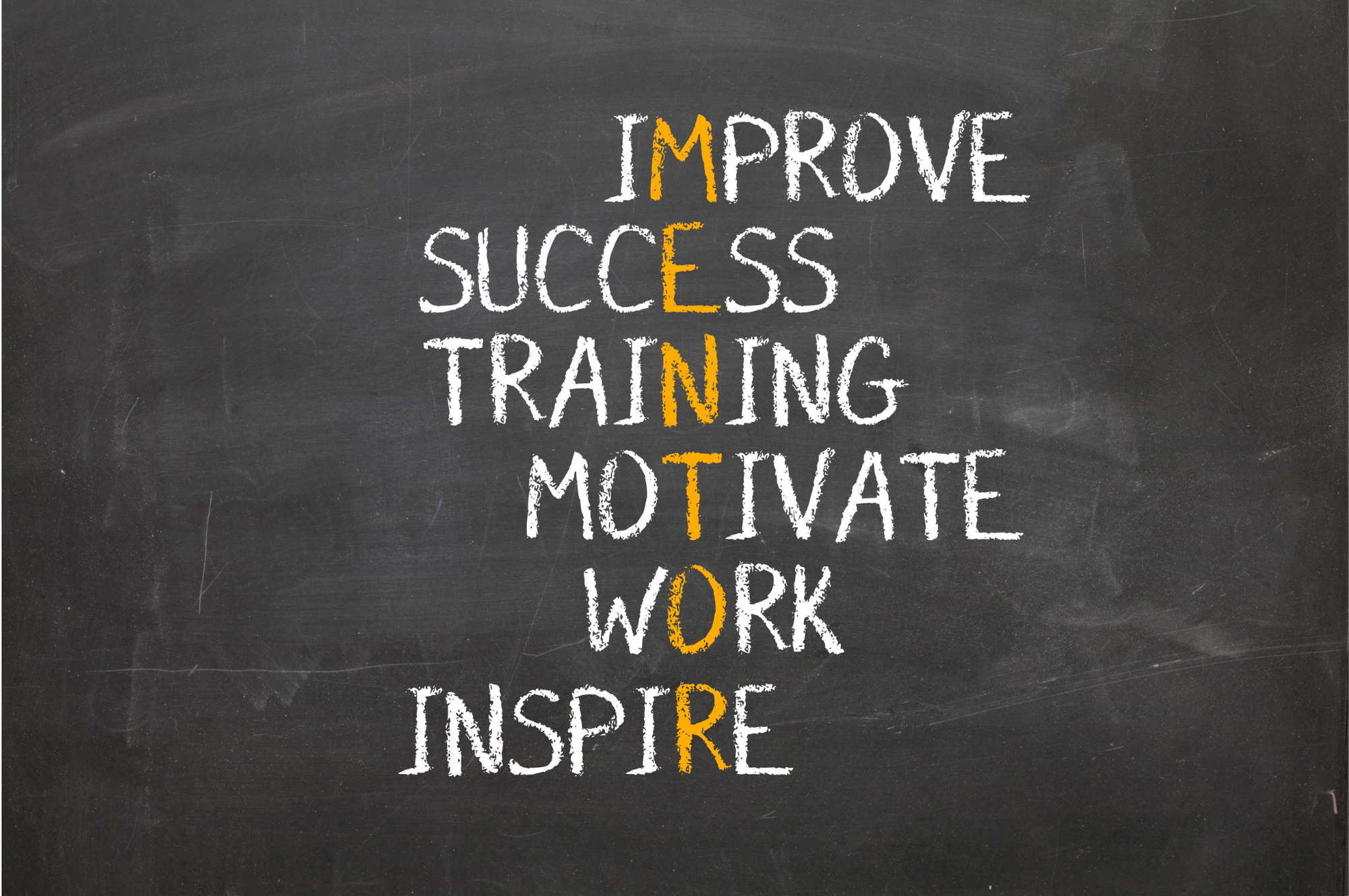blog | 3min Read
Published on April 14, 2021


If somebody tells you to spend your summer vacation doing a course, the knee-jerk reaction is one of horror and anger. To think that you spent an entire year going to school, and now somebody is telling you to go do a summer course. That just feels like a betrayal of your youth. The thought always comes to our minds that there is enough time in the future to do this kind of thing. Right now, you want to head out and meet your friends, go for movies, sit at cafes, and bounce from the city for the much-deserved vacation. You don’t want more of school and teachers.
And that is the issue. Summer program sounds like an extension of school or tuition. Or even like forced labor. ‘Summer school’ has that ring to it, that makes you think that you’ll have to wear your uniform and go learn maths or physics. But what about films? Or arts? Or going for a trek to the Himalayas to help build a shelter? Well, we never consider those as ‘summer programs’.
Basically, a summer program is something you do when you have the time. Which is generally in the summer, or sometimes even in the winters. So it means, you choose what you want to do in the time that you have. Nobody is forcing you to do a course to increase your multiplication and division skills. The choice is yours based on what you are interested in.
We always hear this when we’re in high school – ‘What do you want to do in the future?’ Well, how are you supposed to know? By reading an article? By hearing an uncle speak about something? By listening to your parents tell you what to do? Or maybe, just maybe, you could think about what you really want and then dip your toes in?
Say you always wanted to have your own business someday. Now that can remain a dream, or you could go for an entrepreneur-based summer program. What if you want to become a journalist? You obviously would like to speak to someone who will teach you about what a journalist does. What if you want to change the world, but don’t know how? You could do a summer program that teaches you about being a leader in social change.
A summer program isn’t a long course with exams. It’s generally short, interactive, and fun. Cause they understand you’re just high school students, so they don’t want to make anything boring. You get to meet new people from different high schools, learn something you want to learn, and take back some stories to your friends. Also, there is enough time to enjoy the rest of your vacation.
So why should you as a high schooler do a summer program?
-
It lets you test out what you want to do in the future. Want to be a writer? Do a writing summer program.
-
You meet new people, build friendships and expand your network. This includes the people who conduct the course. They will come in real handy when you want a job later.
-
Colleges love this. Every high school student has a resume with grades. This will set you apart from the rest.
-
You can experiment. This isn’t school, you can try new skills, new things, without any fear of failure.
-
Get a sense of college culture. You are treated like an adult and will get a feel of what college has in store for you.
-
Learn leadership and teamwork when you do group activities with people you don’t know.
-
You are challenging yourself. It’s easy to do nothing, it takes guts to do something. And it’s something that you want to do.
A summer program shouldn’t be seen as something boring that you’re forced to do. Look at it as you being able to see into the future. A lot of pressure is put on a high-school student to make the right decision, for the rest of your life, when you’re still in your teens. But until you actually try something, you shouldn’t be forced to decide your future. Have a taste first, only then see if you want to buy it.















